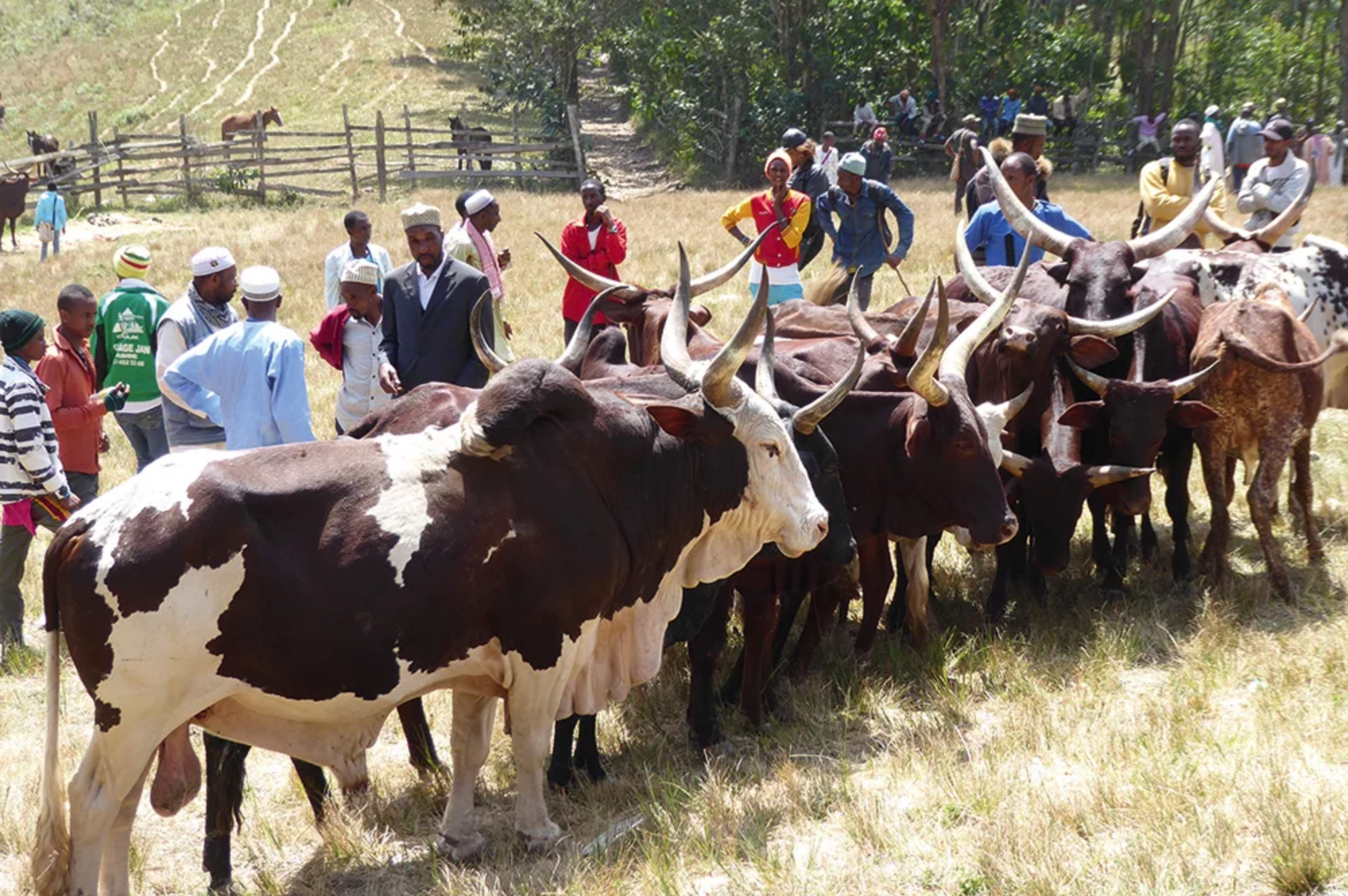
Agro-Pastoral Development
The objective of this component is to improve skills on sustainable livestock and crop production through greater cooperation between different users of the agro-pastoral resources.
The cattle in particular is an integral part of the Mbororo peoples’ life. In fact, the socio-economic and cultural life of the Mbororo-Fulani is totally dependent on the cow. When he is separated from his cow his life is ruined.
The Mbororo pastoralists in Cameroon like in other parts of Africa face severe problems with their livestock that threatens their survival and this has been a serious matter of concern for the Cameroon state, the pastoralists themselves and some Non-Governmental Organisations. Some of the key problems include; discrimination against the pastoralists by other ethnic groups, environmental degradation, agro-pastoral conflicts, and livestock diseases which has affected the production and productivity of their livestock.
About 80% of the population of North West Cameroon live in the rural areas and depend mainly on agriculture (crop and livestock production) as their principal source of livelihood. The North West is the third highest producer of cattle (after the Adamawa and North Regions) with pastoralism accounting for over 90%. It is estimated that over 80% of the region’s cattle producers are of the minority indigenous Mbororo-Fulani ethnic group. In those parts of the North West where cattle herding is practised alongside crop farming, the relationship between the predominantly Mbororo cattle herders and crop farmers is characterized by persistent conflicts over agro-pastoral resources.
Since the creation of MBOSCUDA it has as one of its key objectives to improve upon agro- pastoral practices to ensure maximum protection of their environment as well contribute and participate in all possible undertakings aimed at better management of the agro-pastoral resources, the environment and other livestock production domains.
Since 1992 MBOSCUDA has embarked on massive sensitization, education and campaigns within and without the pastoralist communities to improve the agro-pastoral sector.
MBOSUDA in collaboration with its partners/collaborators, and the Cameroon state with other secondary stakeholders seeks to create a conducive and friendly environment for the peaceful cohabitation of the farmers and the grazers. A substantial amount of work has been done in this sector with very significant results that has helped to improve the sector for the benefits of the herders and croppers who in many areas live as neighbours.
Some of the strategies used by MBOSCUDA and its partners/collaborators to manage the persistent challenges include;
- The use of conflict mediation forums known as Dialogue Platforms.
- Introduces a range of agricultural practices such as Alliance Farming, improved pasture, improved source of energy for cooking and improved water management.
- Support Mbororo women to build climate-resilient livelihoods through improved gardening and small ruminant production techniques, and increased use of energy-saving cooking firesides.Below are some of the outstanding accomplishments obtained in this sector.
- Stimulated creation of over 180 Dialogue Platforms (mediation platforms) to help reduce the rampant and farmer-grazer conflicts.
- Supported 182 Alliance Farms of 364 households of herders & croppers. Alliance farming is a farming partnership between a pastoralist and a subsistent crop farmer on shared use of resources (land, water, pasture etc.). They agree to use the same land and related resources in an alternating manner to grow crops and graze cattle (outside the crop growing season). Alliance farming is an advanced outcome of the conflict mediation process whereby cattle are allowed to graze on crop lands after harvest.
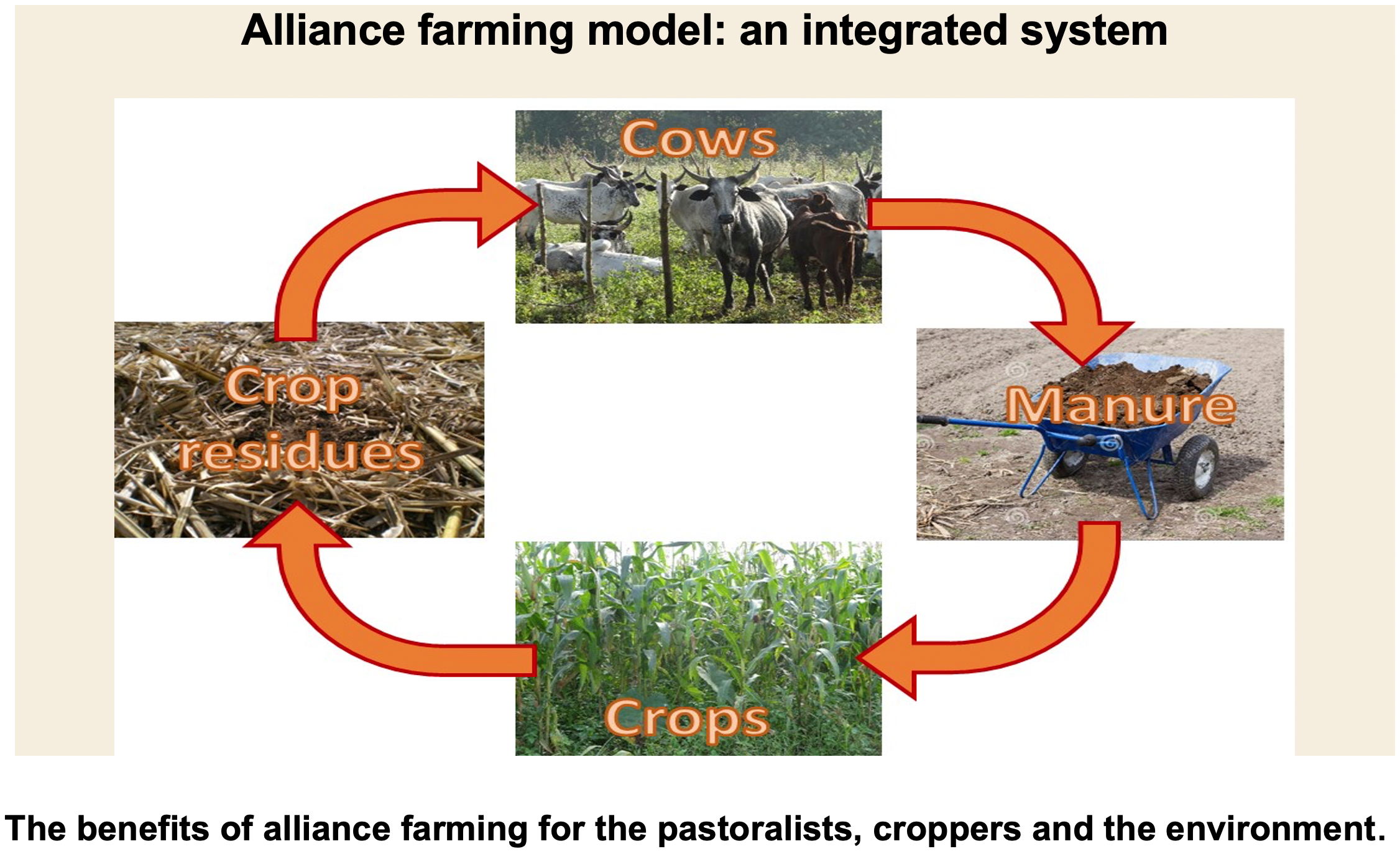
Pastoralists
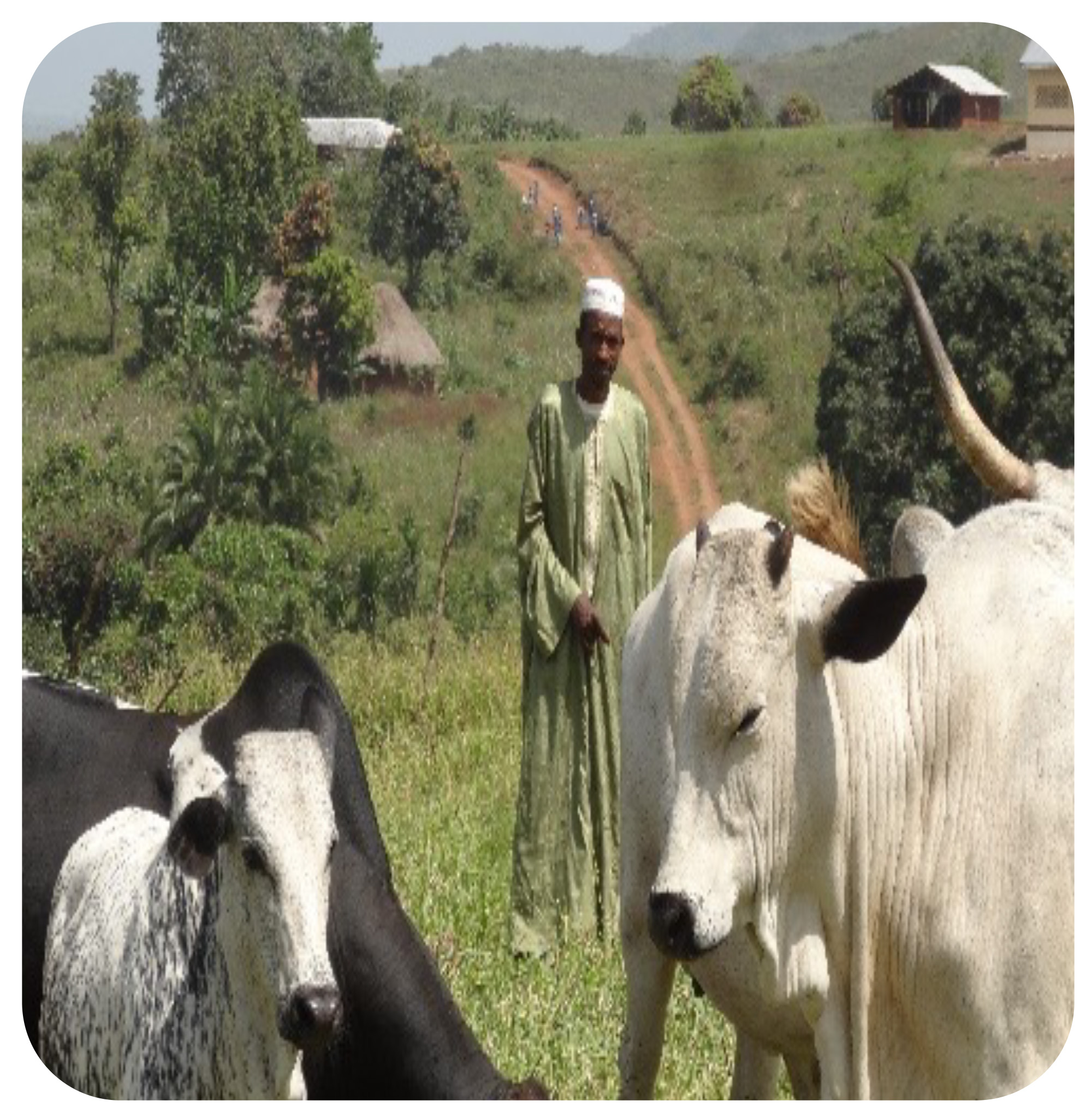
- Cattle that grazed on crop residues and richer pasture in fallowed farms are healthier, produce calves earlier and yield more milk.
- Alliance Farming facilitates shared access to land for herders.
- Reduction of conflicts between grazers and crop farmers by at least 60%.
- The accompanied trainings organized by MBOSCUDA that are promoting this approach improve on skills in sustainable animal husbandry practices.
- Alliance farming increases production thereby increasing household income.
- Improved social relationships with farmers which reduces incidence of conflicts.
- Reduced cattle morbidity and mortality.
- The seasonal movement (transhumance) of the cattle especially during the dry season give the cattle the opportunity to access abundant pasture and water but also provide more opportunities to practice Alliance Farming.
Crop Famers
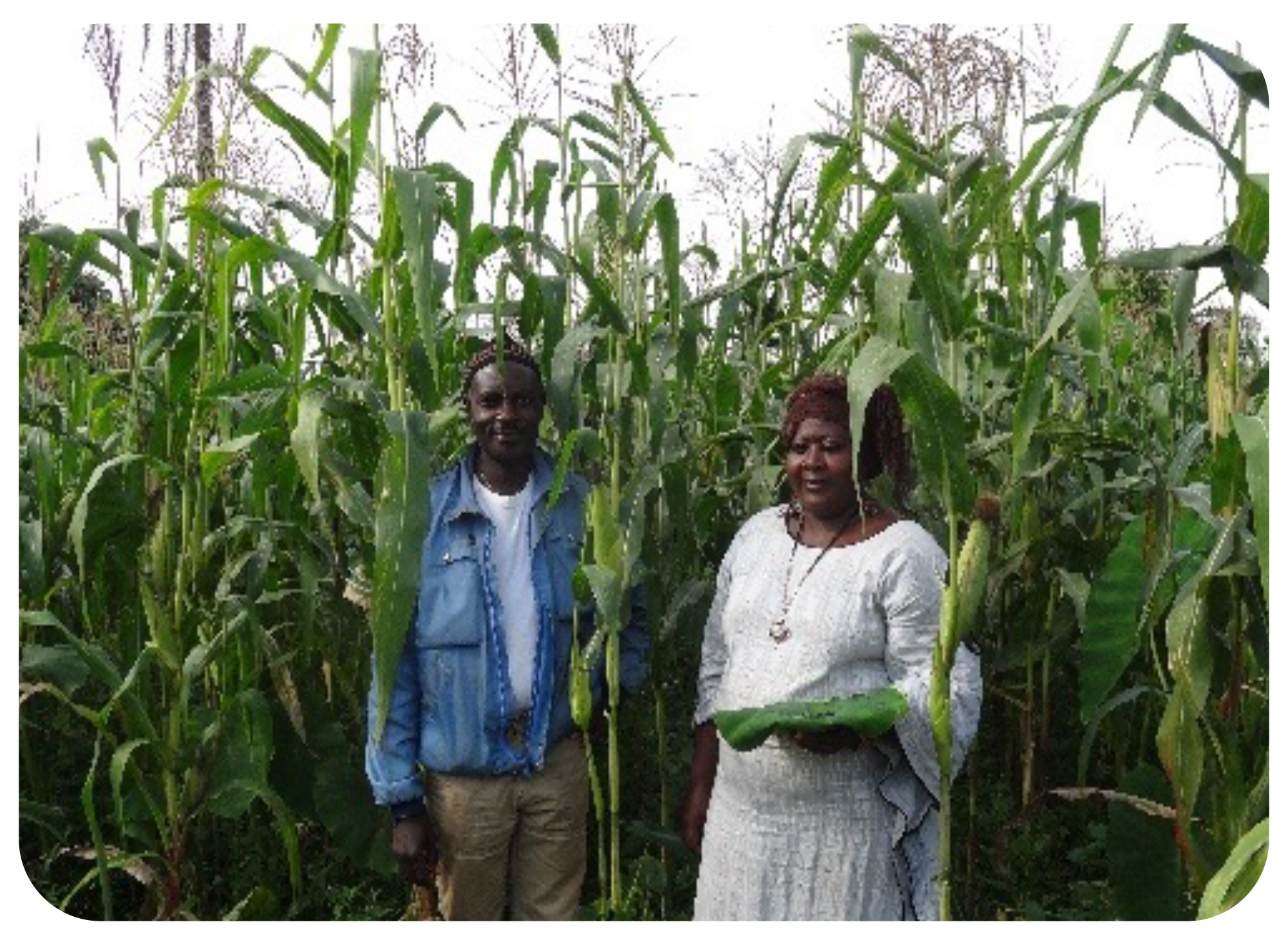
- Alliance Farming facilitates shared access to land for croppers and thus reduction of conflicts with herders.
- Increased crop production by up to 3 times for farmers involved.
- Increased household income because of increased crops yield and no more spending on chemical fertilizer.
- Stronger social relationships between farmers and pastoralists.
- Today farmers are seeking for pastoralists to come closer for Alliance Farming while in the past, farmers send pastoralists away.
Enviroment
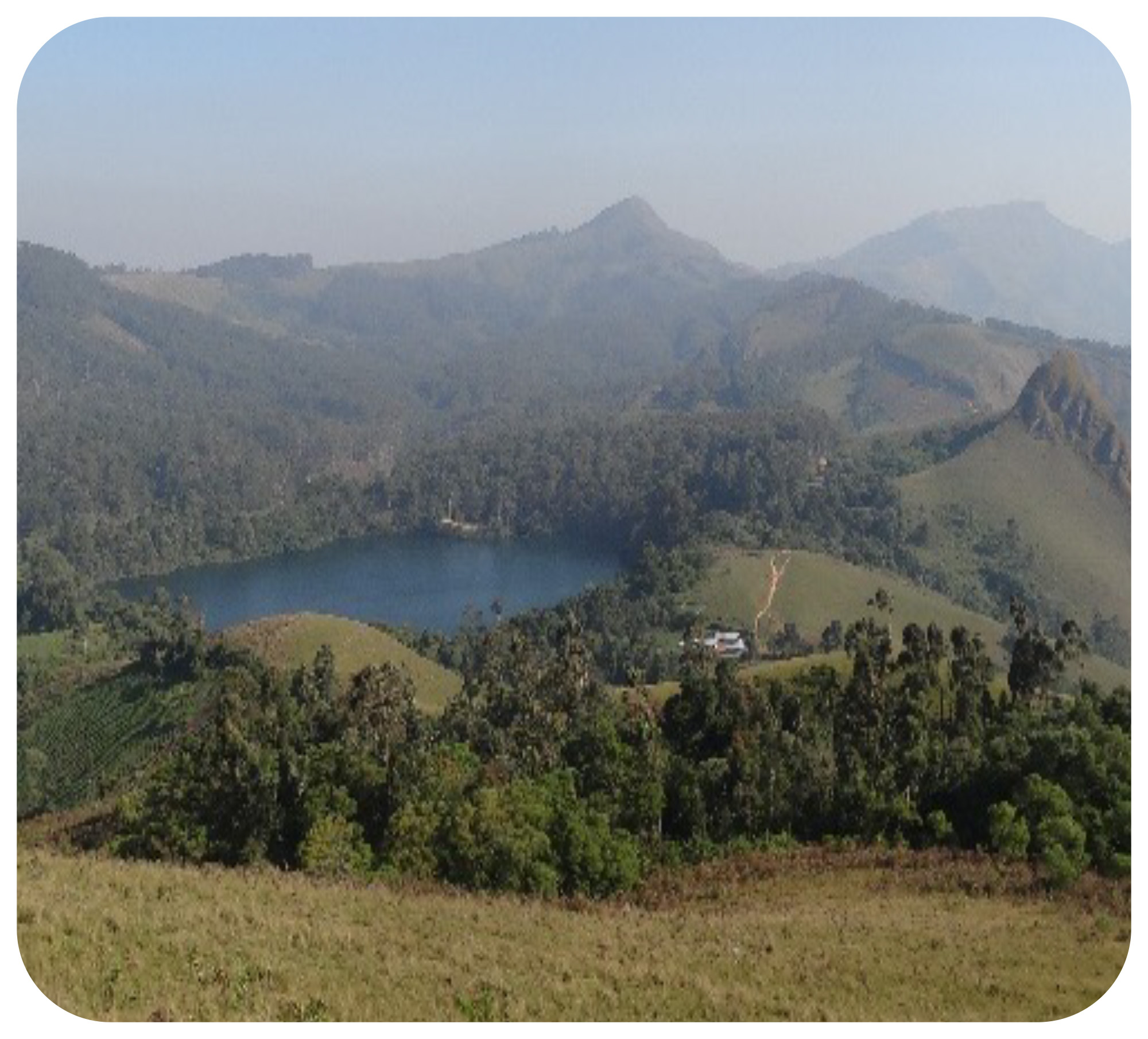
- Reduced or stoppage of the use of chemical fertilizers which is healthy for the environment
- Increased soil fertility and carbon sequestration through use of organic manure.
- Alliance farming practice enhances agro-biodiversity management.
- There is greater cooperation between crop farmers and cattle herders resulting to increased awareness of the need for environmental protection.
- Better use of available agro-pastoral resources avoids further expansion into new lands and also land degradation.
- The seasonal movement (transhumance) of the cattle especially during the dry season gives the pasturelands opportunity to rest and regenerate
- Carried out capacity-building trainings on the management of the agro-pastoral resources.
- Developed 20 water sources & catchments protection in 20 communities that are being managed by Water Management Committees composed of herders & croppers including women.
- CAwareness creation on climate change & mitigating strategies.
- 14 biogas digesters constructed in 13 communities in the NWR.
- 1985 Ha of improved pasture (Bracharia & Guatamala) developed involving 90 households in the NWR.
- Introducing cultural dimension in 47 DPs has ushered in cultural practices and tolerance in favour of peaceful living together. About 75% of women groups & 70% Youth groups are now culturally diversified (having Mbororo and non-Mbororo as members) that has led to more tolerance and accommodation on their cultural differences & rights.
- Improved media awareness/practice on cultural journalism leading to establishment of an Association of Cultural Journalists (ACJ).
- Improved awareness on cultural diversity, tolerance & cultural rights due to sensitization, production & distribution of IEC materials (posters, brochures, booklets).
- Production of a documentary on Cultural identities and rights titled “ROOM FOR ALL ON THE LAND”
- Produced a Social drama play on intercultural dialogue “LETS’ HEAL OLD WOUNDS” that was shown on many TV stations including CRTV.
- Established an Observatory of Civil Society that collect and disseminate information on the cultural rights of indigenous peoples and local communities, and support victims of human rights abuses.
- Carried out 10 trainings of 54 Mbororo traditional leaders, CBO leaders, Mbororo Councilors, Youth and Women Leaders on effective representation in decision making arenas.
- Training of Mbororo women in conservation gardening techniques with use of animal manure;
- Training on improved herd management techniques (disease prevention, proper housing, improved feeding practices).
- Sensitization on fuel wood-saving cooking practices;
- Construction of 128 improved firesides adapted to the cooking habits of the Mbororo women and they were trained on the use of the fire sides.


Make A Call
Our Location
MBOSCUDA National Executive Bureau B.P 1086, Yaoundé-Cameroon
MBOSCUDA Building, Old Town,
P.O Box 221, NWR, Bamenda – Cameroon